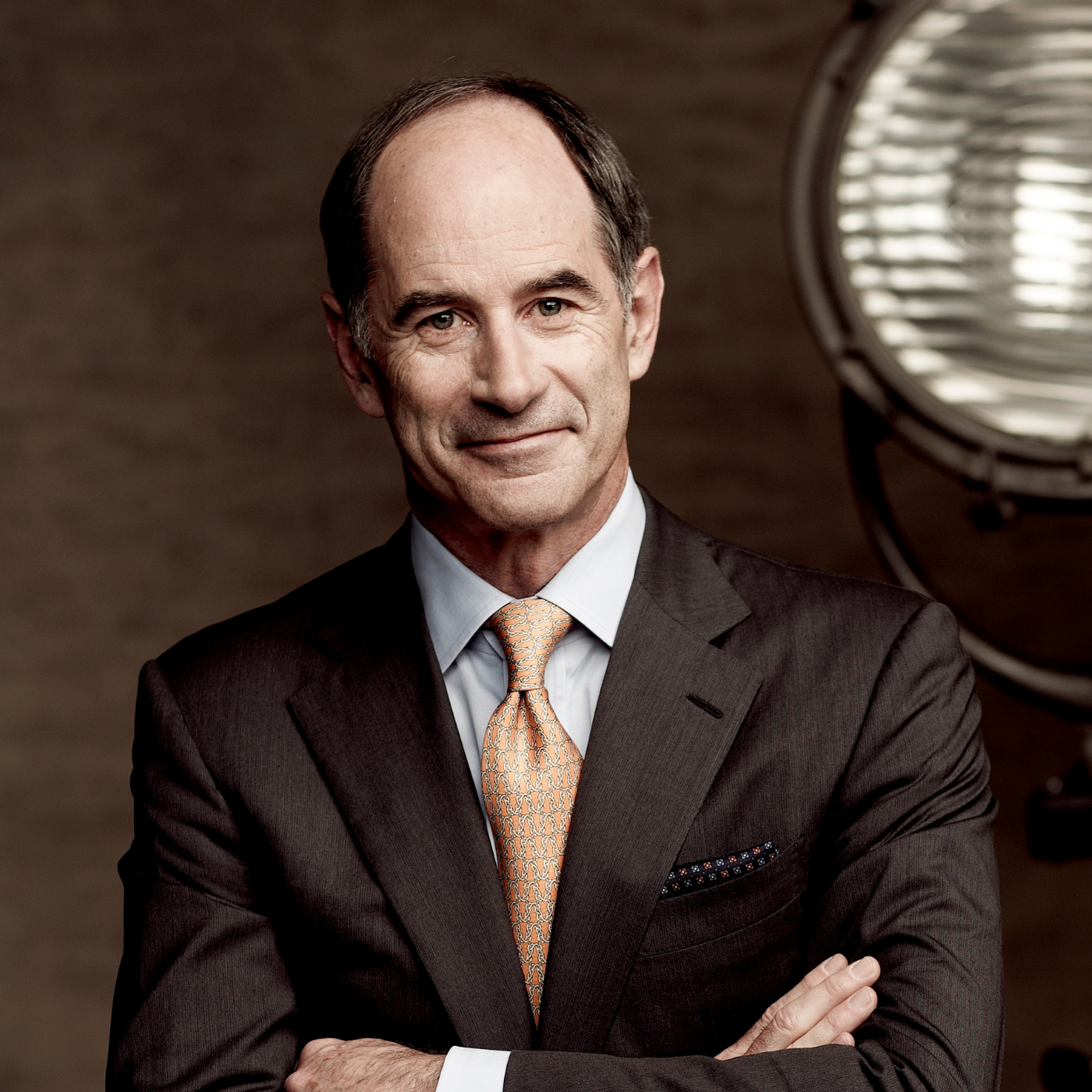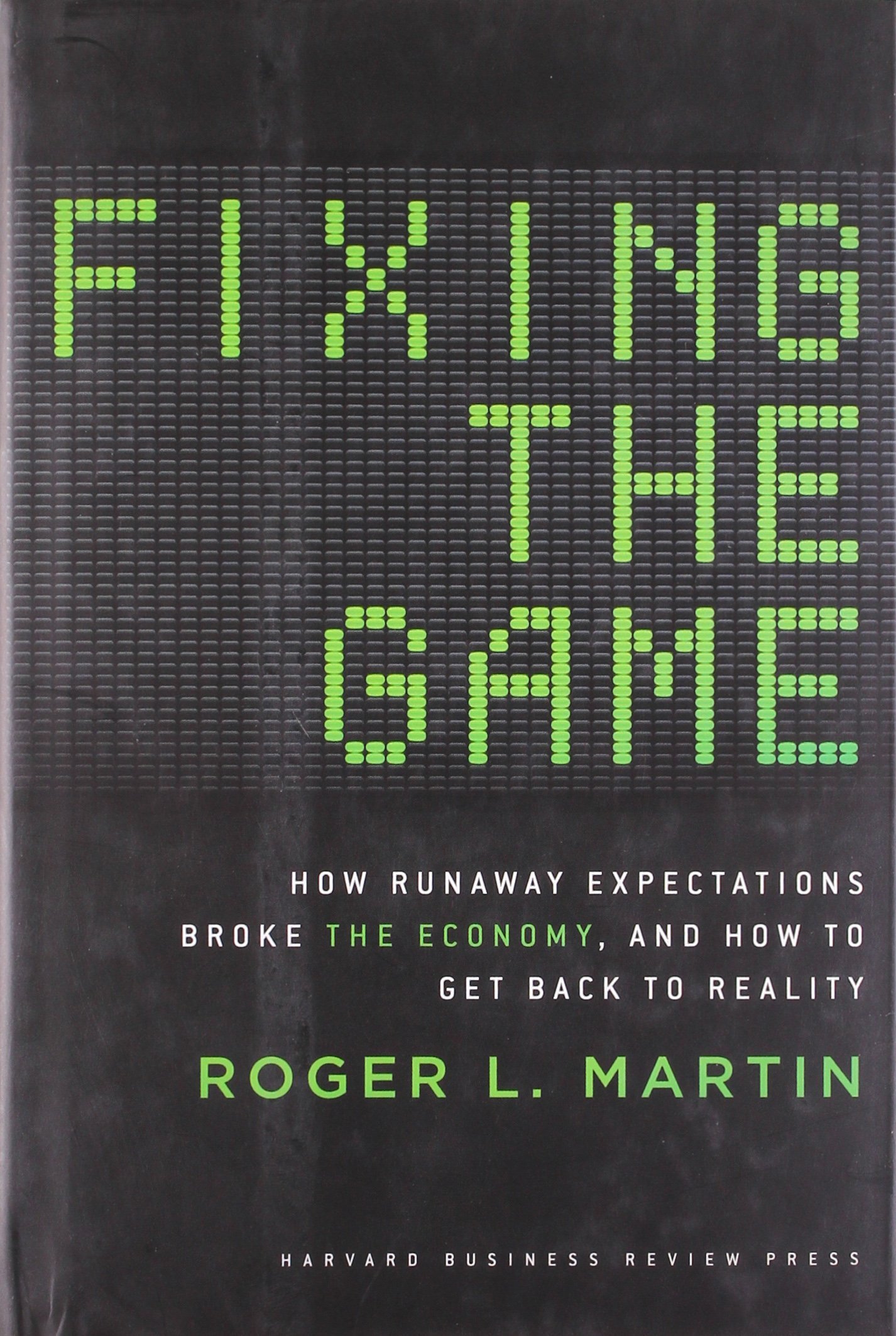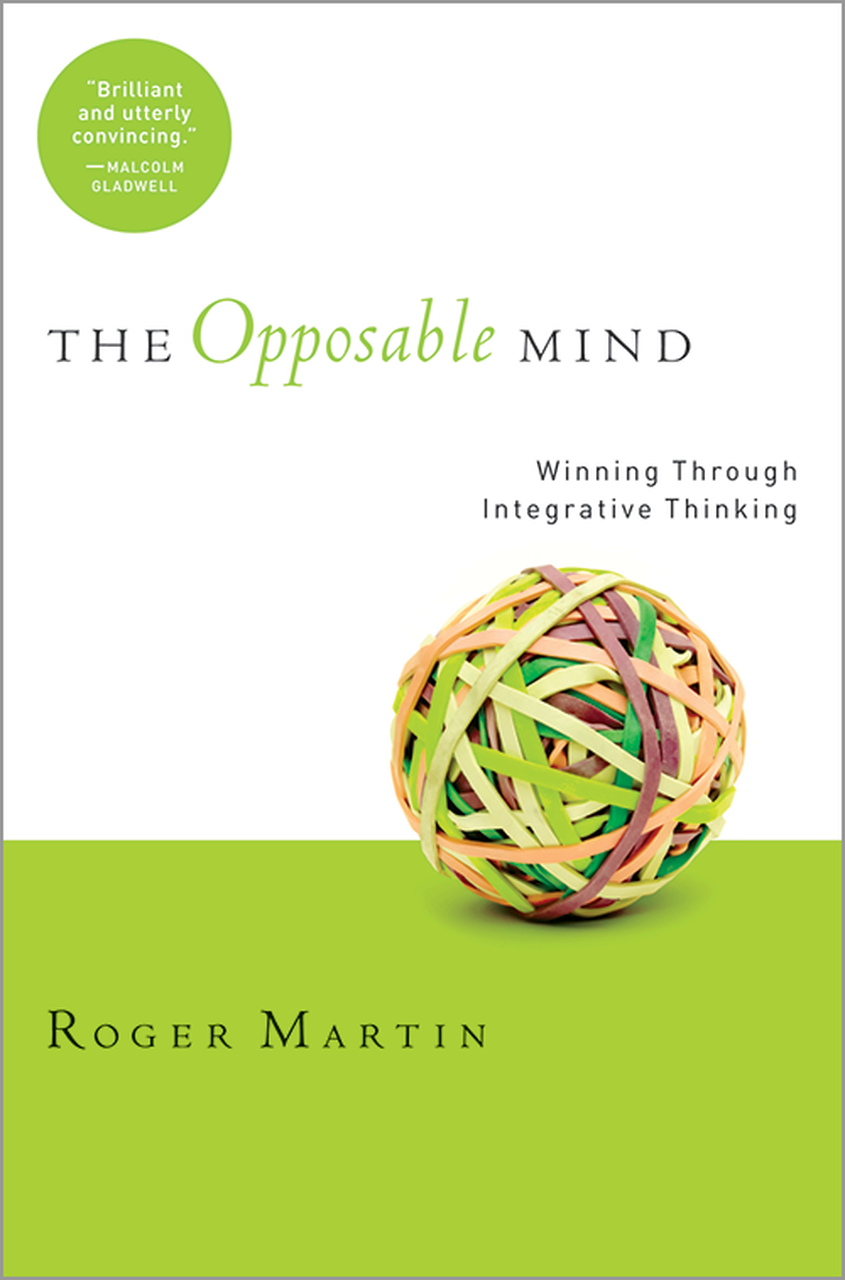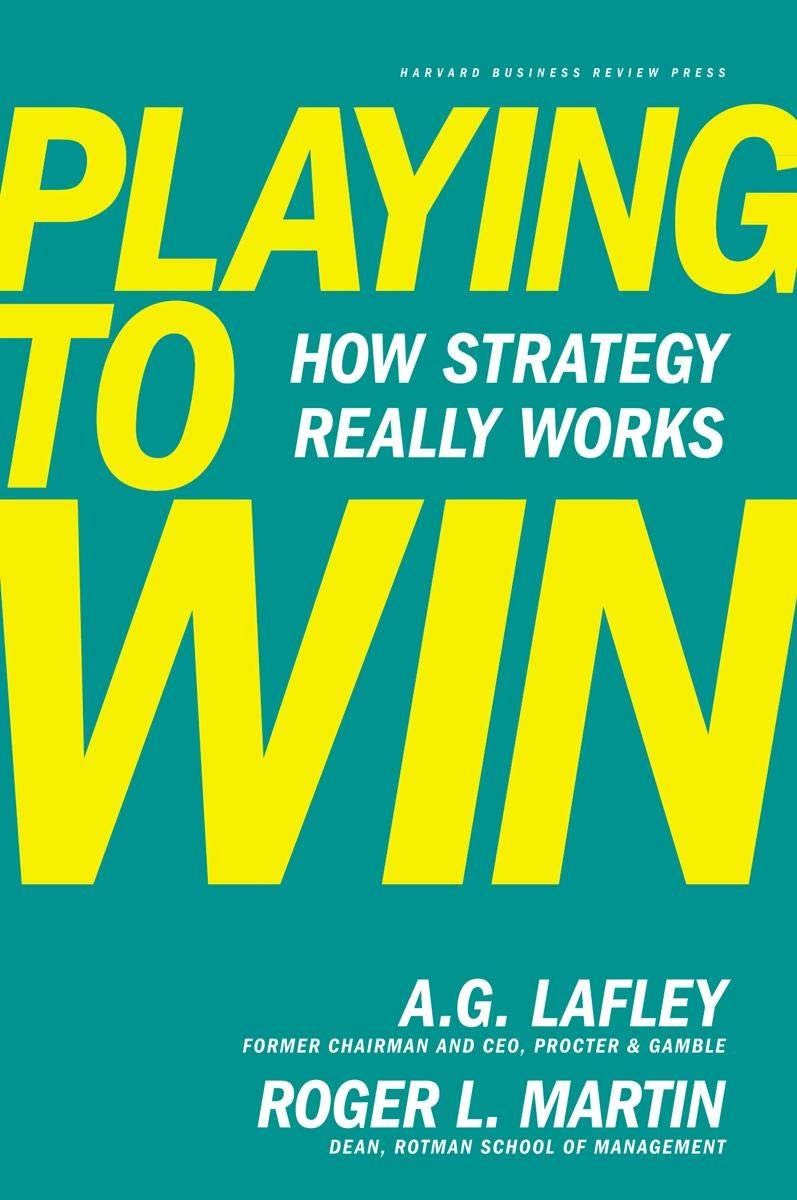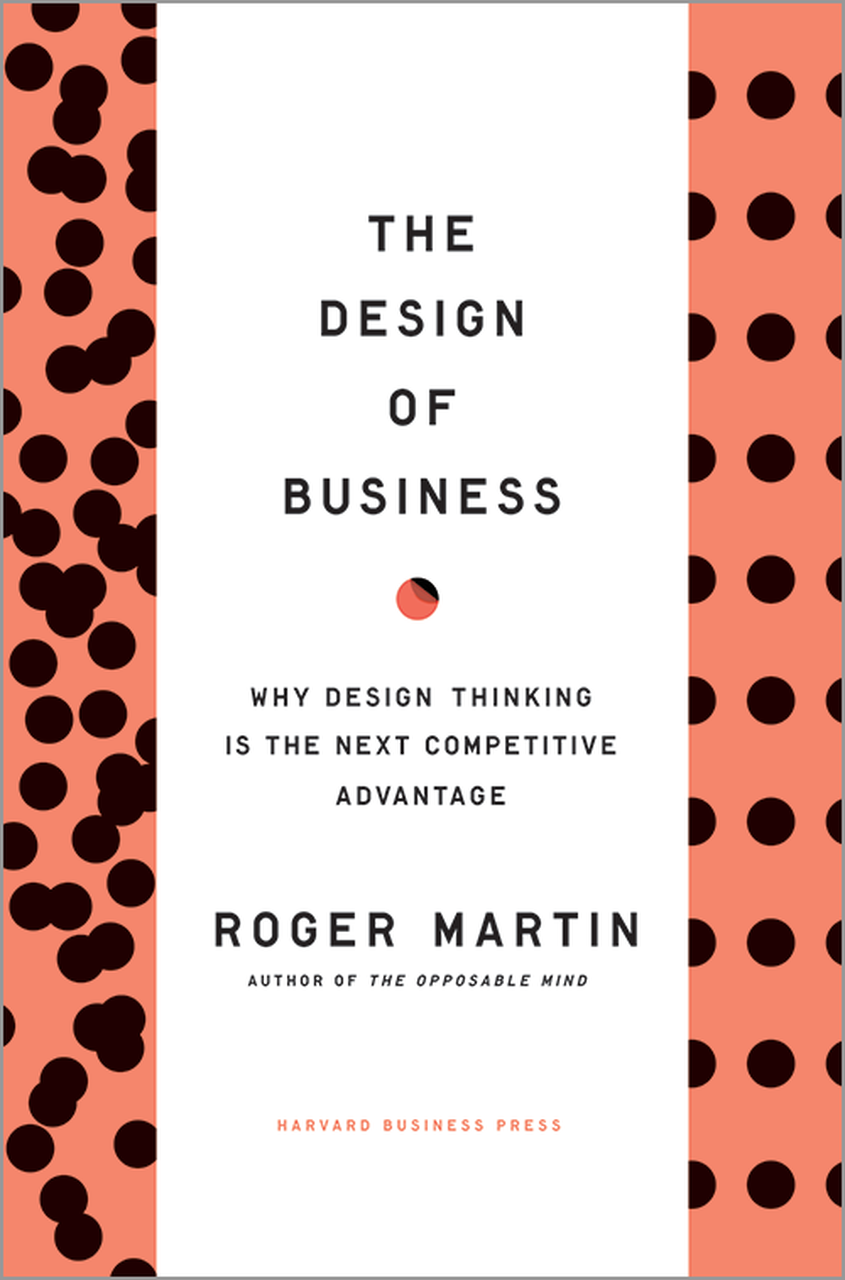Episode 83: Roger Martin
When More Is Not Better: Overcoming America's Obsession with Economic Efficiency
Economists, policy makers, and business decision makers all agree on efficiency as a goal, with more better than less and who could object? Well, it all depends, of course on how the objectives are formulated and what you are missing. That's the idea behind Roger Martin’s latest book When More Is Not Better: Overcoming America's Obsession With Economic Efficiency.
Roger Martin is the former dean and current emeritus professor of strategy at the Rotman School at the University of Toronto, and the author of numerous other books, including Creating Great Choices, Getting Beyond Better And Playing To win.
Listen in as Greg and Roger chat about resiliency, acknowledging tradeoffs, over investing in exploitation, and how focusing too much on data analytics is malpractice.
Episode Quotes:
When efficiency becomes unproductive:
“If you push it past a point, you stop thinking about things that don't lend themselves easily to a measurement of efficiency but help make a system work better, whatever system you're looking at. Your company, your country, your town, your household. If you try to make every relationship with your partner, your children, your dog as efficient as possible, at a point it would become a miserable place, right? And it might actually fall apart because you aren't paying attention to, is this a resilient family or resilient household or resilient town.”
How to think about knowledge:
“The right way I would argue to think about knowledge is we don't build knowledge. We subtract to get knowledge. When something is a mystery, you don't even know how to think about it. So you've got to think about everything in all possibilities.”
Why is the business world siloed?:
“The reason for dividing the business world into silos is in some sense for exploitation, right? It's to understand a narrow field, as we've defined it better and better. Not to do things like explore how that field may relate to other fields, how that field maybe not a good definition of a field, or any of those things. It's exploitation, oriented in for convenience exploitation.”
Show Links:
Guest's Profile:
Professional Profile at the Rotman School, University of Toronto
His Work:
When More Is Not Better: Overcoming America's Obsession with Economic Efficiency
Creating Great Choices: A Leader's Guide to Integrative Thinking
Fixing the Game: How Runaway Expectations Broke the Economy, and How to Get Back to Reality
The Design of Business: Why Design Thinking is the Next Competitive Advantage
The Opposable Mind: How Successful Leaders Win Through Integrative Thinking

